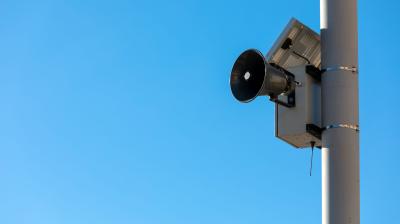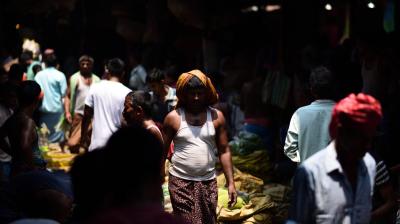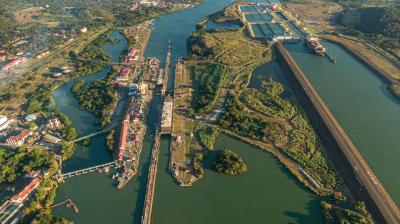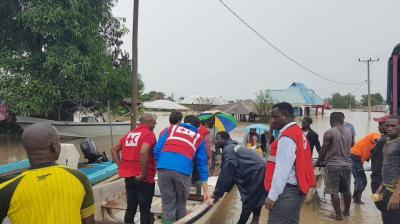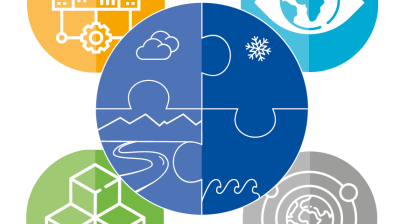“From satellites to sandbags”: Putting water at the heart of climate action
As proved so tragically in Libya last week, while water holds the key to life, all too often it kills.
Whether – like in Derna - it’s too much water leading to floods, or too little water causing droughts, or polluted water resulting in health risks, addressing the dangers that water poses can save lives. As climate change intensifies these threats, there is an urgent need for action.
That is why a new collaboration matters so much.

With funding and support from the Kingdom of the Netherlands ‘Water at the Heart of Climate Action’ is an ambitious partnership between the International Federation of Red Cross and Red Crescent Societies (IFRC), The Netherlands Red Cross, the United Nations Office for Disaster Risk Reduction (UNDRR), the World Meteorological Organization (WMO) and the Systematic Observations Financing Facility (SOFF).
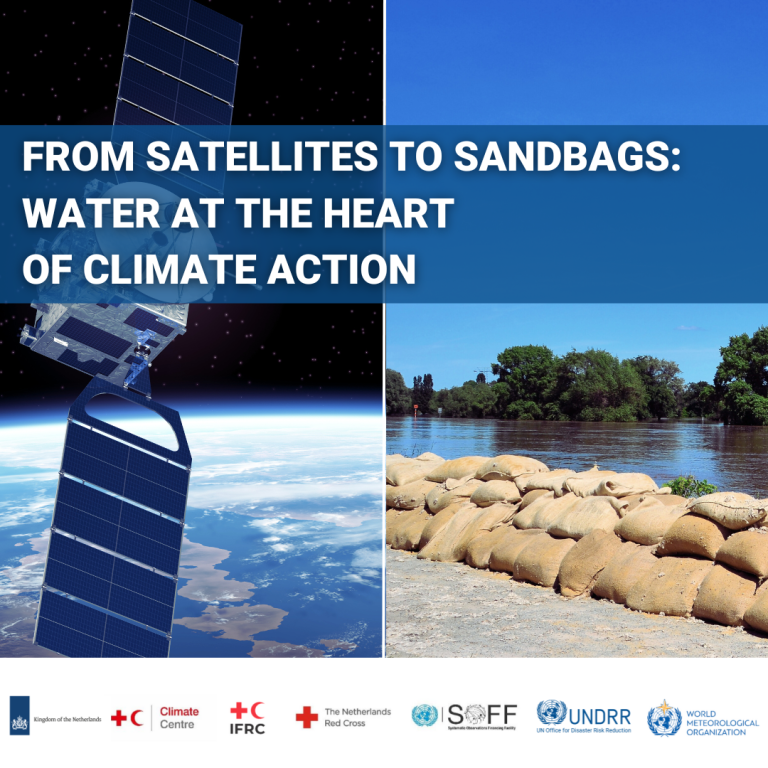
This collaboration will combine local knowledge and global technology to help communities understand and act on the water-related risks they face - before they become disasters. The programme is focused on supporting the countries of Ethiopia, South Sudan, Sudan, and Uganda, which make up the Nile River basin. These countries are not only among the Least Developed Countries in the world but are also highly vulnerable to the impacts of climate change. To ensure the implementation of this five-year partnership, the Government of the Netherlands has generously committed 52 million Swiss Francs (55 million euros).
The aim of the ‘Water at the Heart’ collaboration is to address climate-related risks that too often fall between the cracks of most country-level water, sanitation and hygiene (WASH) policies. It will focus on practical, locally-driven action to better anticipate disasters and prepare communities well in advance. It will also use the latest science and technology to monitor and forecast weather and water-related hazards. It furthermore invests in communications technologies to warn communities of what is coming and enable early action. As a result, this programme is a direct contribution to the implementation of the UN Secretary General’s ‘Early Warnings for All’ initiative.





